Finding Common Ground Off to a Bad Start
 Today’s opinion piece, Finding common ground on fisheries data, reflects the biggest impediment to solving the problems it addresses – lots of false assumptions.
Today’s opinion piece, Finding common ground on fisheries data, reflects the biggest impediment to solving the problems it addresses – lots of false assumptions.
First and foremost is blaming reductions in survey fish stocks on “overfishing”. Yes, overfishing did occur when massive, mostly foreign, commercial fishing operations scooped up fish stocks indiscriminately, often purging the bottom of everything needed to sustain acquatic life. But this was not done by the small boats of the New England fishing communities, which now, after thirty years of draconian restrictions, are no longer capable of catching enough fish to sustain their boats and their families — never mind “overfishing”.
Second, the piece alleges that the problem is solely with some bad data from the R/V Albatross, and that all is needed is to separate it from the “good” data from R/V Bigelow. In fact, while the Bigelow data is more consistent, it still consistently undercounts fish, for reasons any fisherman can explain in a few sentences. Unfortunately for the fishermen, NOAA says that consistent undercounting is OK because their model adjusts for it, and they wouldn’t be able to use better data because it wouldn’t fit their models. This is, by the way, the same reason they give for not using the massive amount of data they have collected from the fishing fleet over the past thirty years.
Finally, the author cites the distrust by fishermen of regulators; but I have observed scientists consistently discounting fishermen’s input as “anecdotal”, erroneous, or intentionally biased, worthy mostly of quarterly “information exchange” sessions meant to pacify them. Most of these sessions have no impact on stock level assessments, and do not change restrictions imposed on fisherman, allowing areas in the Gulf of Maine to remain closed year after year, despite never being sampled.
Yes. Any investment in achieving sustainable fishing in which both the fishermen and the fish prosper is welcome. But I respectfully suggest that continued reliance on NOAA surveys in lieu of investing in modern statistical techniques applied to realtime fishermen data will only help sustain the financial success of the regulators at the expense of the fishermen, who are dramatically fewer today, in large part because of overregulation.
The Gloucester fleet is no longer large enough to do damage to the fisheries. It’s proper role now is to replace expensive and ineffective NOAA surveys with professional fishing surveys designed to catch fish, sell them rather than throw them overboard, and report the comprehensive data needed to assess what is really going on in the ocean. This can be done very quickly in the Gulf of Maine and would help keep fishing communities alive and engaged in true cooperation with marine scientists.
Capt. Salvatore “Sam” Novello
Gloucester MA

































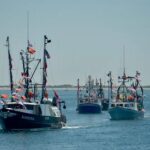

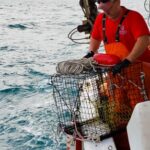
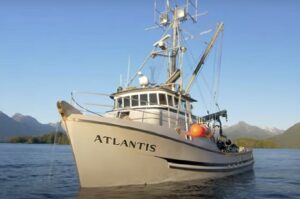


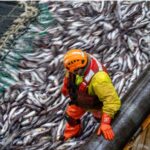
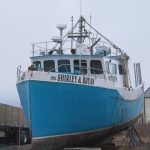




Leave a Reply